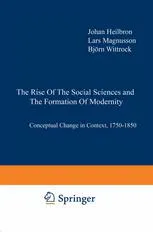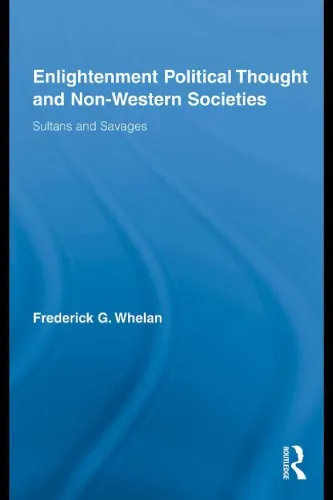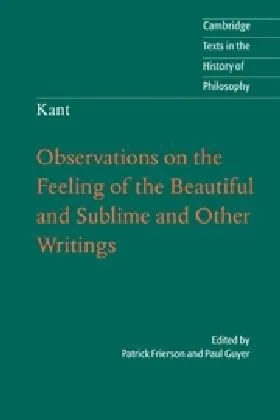The Rise of the Social Sciences and the Formation of Modernity: Conceptual Change in Context, 1750–1850
4.7
Reviews from our users

You Can Ask your questions from this book's AI after Login
Each download or ask from book AI costs 2 points. To earn more free points, please visit the Points Guide Page and complete some valuable actions.Related Refrences:
Introduction to 'The Rise of the Social Sciences and the Formation of Modernity: Conceptual Change in Context, 1750–1850'
In an era marked by profound transformations, 'The Rise of the Social Sciences and the Formation of Modernity: Conceptual Change in Context, 1750–1850' delves into the dynamic evolution of modern social sciences during a pivotal century. This book provides an in-depth exploration of the integral role these disciplines played in shaping modernity. Curated by Johan Heilbron, Lars Magnusson, and Björn Wittrock, it is an intellectual journey through history that unveils the nuanced processes of conceptual transformation and the birth of new social paradigms.
Detailed Summary of the Book
The book traces an incredible journey between 1750 and 1850, highlighting how social sciences emerged from the intersection of traditional philosophical thought and the burgeoning scientific methodologies of the time. The narrative unfolds across various European contexts, each contributing uniquely to the growth of disciplines such as sociology, economics, and political science. At its core, the text examines how these disciplines emerged as distinct fields, offering frameworks to analyze social phenomena with unprecedented accuracy and depth.
Reill, alongside other contributors, provides rich, contextual analyses of the intellectual currents that influenced this transformation. Readers are led through the Enlightenment's rationalist traditions, the Romantic reactions, and the socio-political upheavals that necessitated new forms of social understanding. This multidisciplinary approach sheds light on how the fluid exchange between philosophical inquiry and empirical research facilitated the social sciences' rise to prominence.
Key Takeaways
- Understanding the historical evolution of social sciences is crucial for grasping their contemporary significance and applications.
- The book highlights the importance of contextual analysis in tracing the intellectual lineage and development of social concepts.
- Interdisciplinary synergy between fields like philosophy, economics, and political theory was vital in the formation of distinct social science disciplines.
- The Enlightenment period played a pivotal role in transitioning from speculative to systematic approaches to social inquiry.
Famous Quotes from the Book
"The evolution of social sciences reflects not merely a shift in methods but a fundamental change in how societies understand themselves."
"In dissecting the interplay between concepts and contexts, we gain a deeper appreciation for the dynamic landscapes of modern intellectual history."
Why This Book Matters
This book stands at the intersection of history, philosophy, and sociology, offering insights that transcend academic boundaries. Its value lies not only in chronicling the past but in informing the present by highlighting the roots of modern sociopolitical paradigms. For scholars and casual readers alike, it provides a comprehensive understanding of how the Western intellectual tradition evolved to address the complexities of modern societies.
Moreover, this work underscores the importance of an interdisciplinary approach when examining historical developments, which can provide a more holistic understanding of the progression of human thought. By studying the intellectual trajectories that shaped the modern world, readers are better equipped to engage with contemporary social issues.
Free Direct Download
You Can Download this book after Login
Accessing books through legal platforms and public libraries not only supports the rights of authors and publishers but also contributes to the sustainability of reading culture. Before downloading, please take a moment to consider these options.
Find this book on other platforms:
WorldCat helps you find books in libraries worldwide.
See ratings, reviews, and discussions on Goodreads.
Find and buy rare or used books on AbeBooks.
1401
بازدید4.7
امتیاز0
نظر98%
رضایتReviews:
4.7
Based on 0 users review
Questions & Answers
Ask questions about this book or help others by answering
No questions yet. Be the first to ask!














